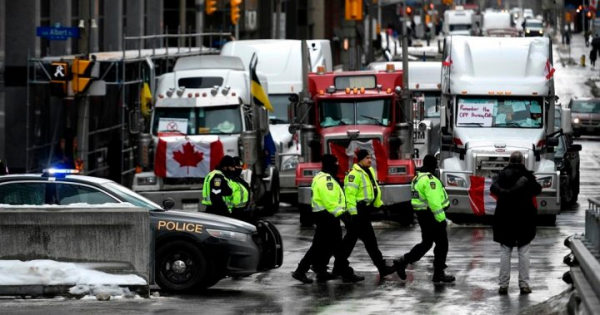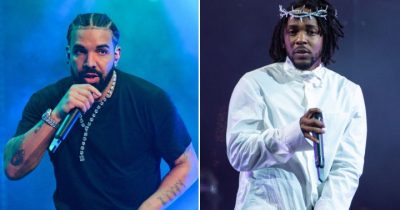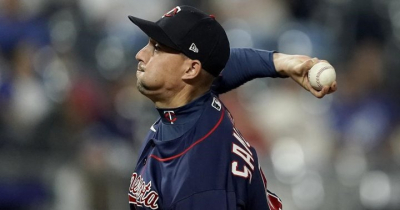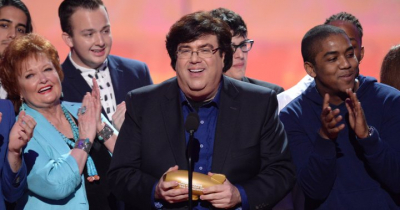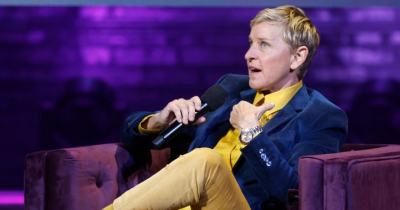"The Legality of Dissent: Unraveling the 'Freedom Convoy' Controversy in the Eyes of the Law"
In a courtroom in Ottawa on Wednesday, the legal representative for one of the organizers behind the colossal and enduring "Freedom Convoy" asserted that orchestrating such a protest is not an unlawful act. The early 2022 demonstrations, which vehemently opposed COVID-19 public-health restrictions, caused significant disruptions in downtown Ottawa, prompting emergency declarations and a robust police response. Despite their eventual removal by law enforcement, protesters, notably led by Tamara Lich and Chris Barber, remained steadfast in their resolve on Parliament Hill until their demands were met, resulting in charges ranging from mischief to intimidation.
Facing allegations of working in tandem, Lich and Barber are at the center of a legal battle, with the Crown aiming to demonstrate their close collaboration in a way that incriminates both. However, the organizers' legal team countered this assertion by emphasizing that planning a protest and expressing the intention to persist until demands are met are entirely within the bounds of the law.
Barber's lawyer, Diane Magas, presented text messages and chats from Jan. 30, illustrating Barber's role in organizing the protest. In one exchange, Lich mentioned a strategy to gridlock the city, to which Barber responded by stating they had already accomplished it but did not specify intent. Magas argued that Barber's actions were legal, emphasizing a common purpose of peacefully and lawfully protesting.
Similarly, Lich's frequent use of the rallying cry "hold the line" was defended by her lawyer, who contended that it did not imply encouragement of illegal activities. Prosecutors claim that Lich and Barber wielded influence over the crowds, urging them to "hold the line" during police attempts to clear the streets, making this rallying cry a pivotal point in the ongoing trial. The crux of the defense's argument lies in asserting that the demonstrations were lawful expressions of dissent, challenging the prosecution's narrative of a conspiracy to break the law.
"Decoding 'Hold the Line': Legal Arguments Surrounding the Freedom Convoy Trial"
Amidst the legal proceedings surrounding the "Freedom Convoy 2022," a pivotal phrase, "hold the line," has become a focal point of contention. The defense, led by Granger, asserts that the use of this phrase on the convoy's Facebook page before the protesters even reached Ottawa, and well before any alleged crimes, is crucial in understanding its context. Granger argued that associating "hold the line" with nefarious intent is entirely speculative, emphasizing that the phrase was uttered by Tamara Lich as she was led away in handcuffs, a moment captured on camera during a police action.
The Crown concluded its case last week, presenting testimony from various witnesses and numerous social media posts chronicling the three-week unfolding of the "Freedom Convoy" in early 2022. The ubiquitous shouts of "hold the line" in protest videos, including those featuring Lich, Barber, police, and others, were highlighted. The defense countered that the organizers consistently called for a peaceful, unified, and loving demonstration.
Despite the Crown's portrayal of Lich and Barber as working closely together, Granger argued that the Freedom Convoy comprised multiple factions, emphasizing its fragmented nature even in Ottawa. He contended that the Crown failed to provide sufficient evidence linking Lich to any common unlawful purpose, asserting, if anything, her efforts to avoid nefarious activities.
Notably, Granger pointed out that only Barber faces charges of counseling to disobey a court order, suggesting a divergence in their actions. According to Granger, this divergence is a "tacit admission" that Lich and Barber did not consistently collaborate. The Crown is set to present its argument on the conspiracy charge, with a decision from Justice Heather Perkins-McVey expected in the coming week. The defense awaits this ruling to proceed with presenting its evidence, underscoring the complexity of the legal nuances surrounding the Freedom Convoy trial.
In conclusion, the legal battle surrounding the "Freedom Convoy 2022" hinges on the interpretation of a key phrase – "hold the line." Defense counsel Granger passionately argued that any insinuation of nefarious intent behind this rallying cry is speculative, emphasizing its use on social media well before alleged crimes occurred and even as Tamara Lich was being arrested.
The Crown's case, which concluded last week, relied on witness testimonies and a plethora of social media posts portraying the three-week evolution of the convoy. Videos showcased the widespread use of "hold the line" amid calls for a peaceful and unified demonstration by organizers such as Lich and Barber.
However, the defense countered by highlighting the fragmented nature of the convoy, suggesting that the Crown failed to establish a cohesive collaboration between Lich and Barber for a common unlawful purpose. Granger asserted that the absence of evidence linking Lich to any illicit designs, coupled with her efforts to prevent nefarious activities, contradicts the Crown's narrative.
A notable point raised by the defense is the fact that only Barber faces charges related to counseling to disobey a court order, implying a divergence in the actions of the two organizers. This "tacit admission," as described by Granger, underscores the nuanced dynamics at play within the Freedom Convoy.
As the Crown prepares to present its argument on the conspiracy charge, the legal proceedings are set to continue. The ultimate decision rests with Justice Heather Perkins-McVey, whose ruling will determine the trajectory of the trial. Until then, the defense remains in a holding pattern, unable to present its evidence until the judge delivers her decision, adding further layers of complexity to this high-profile legal saga.

